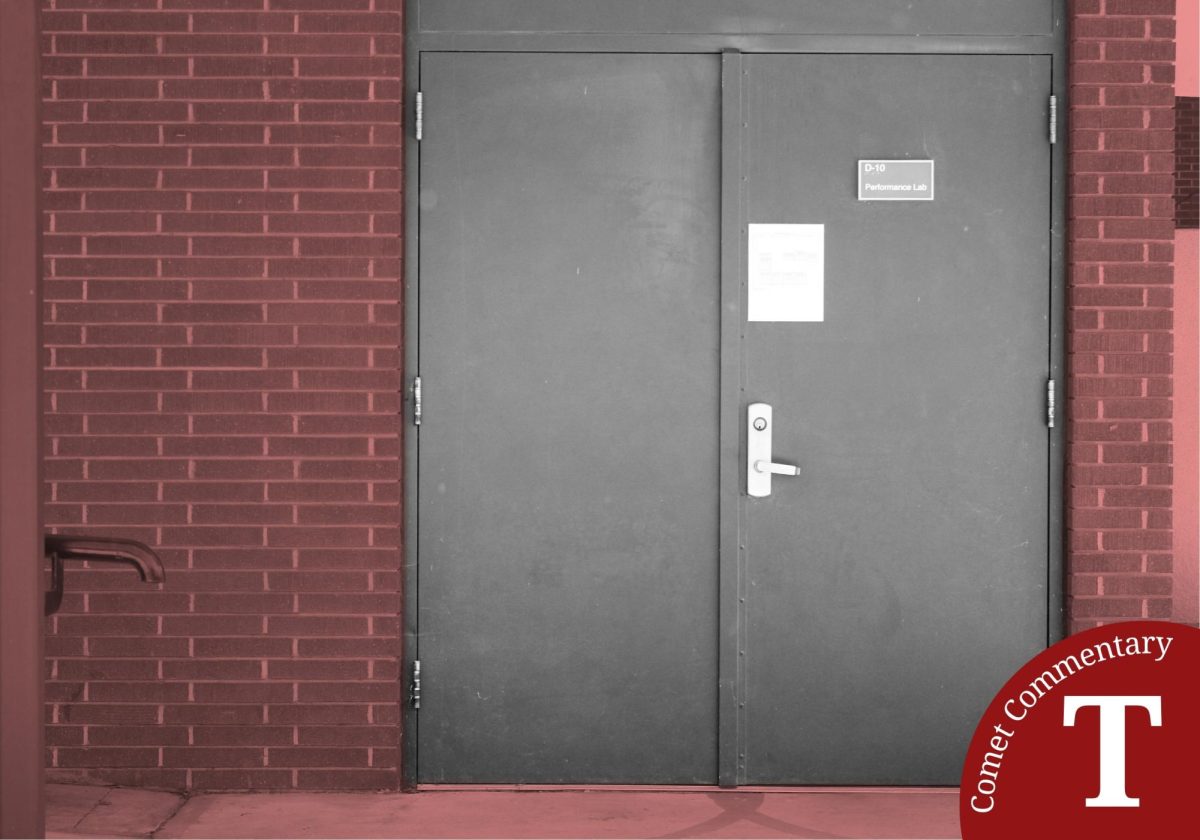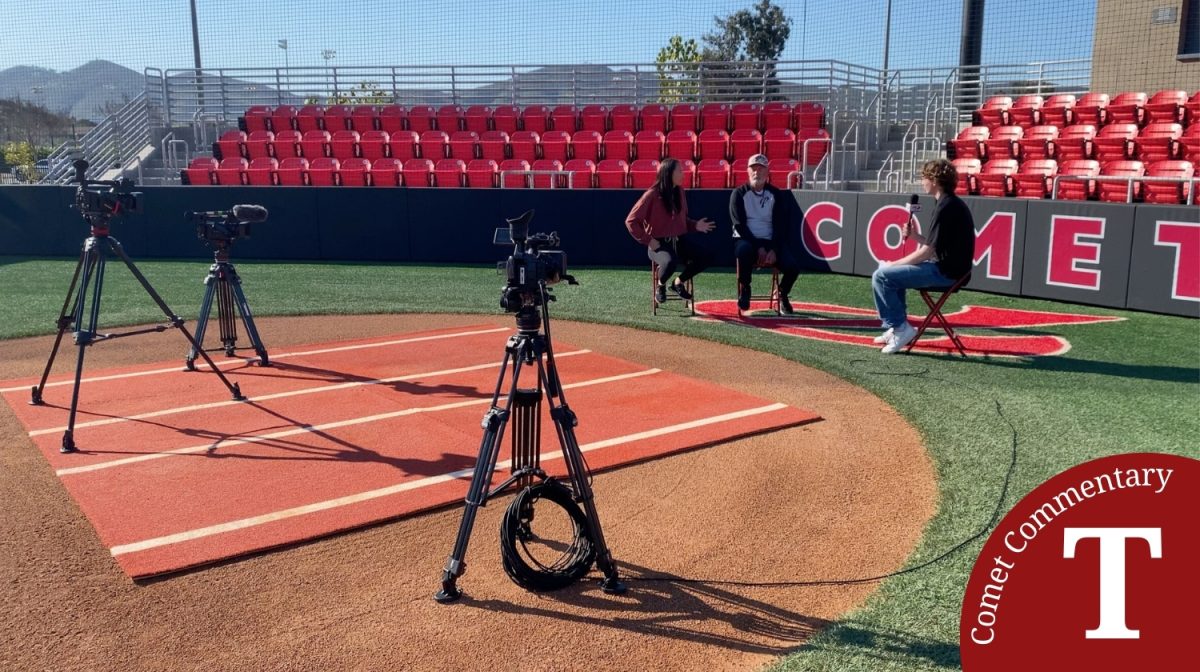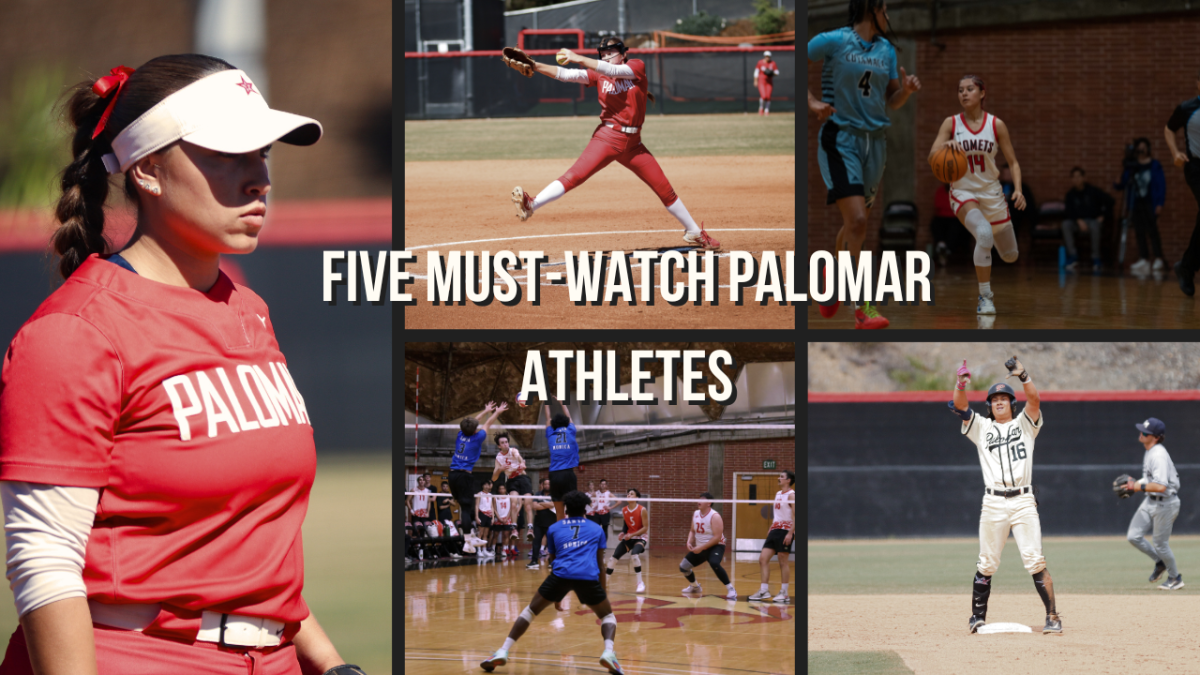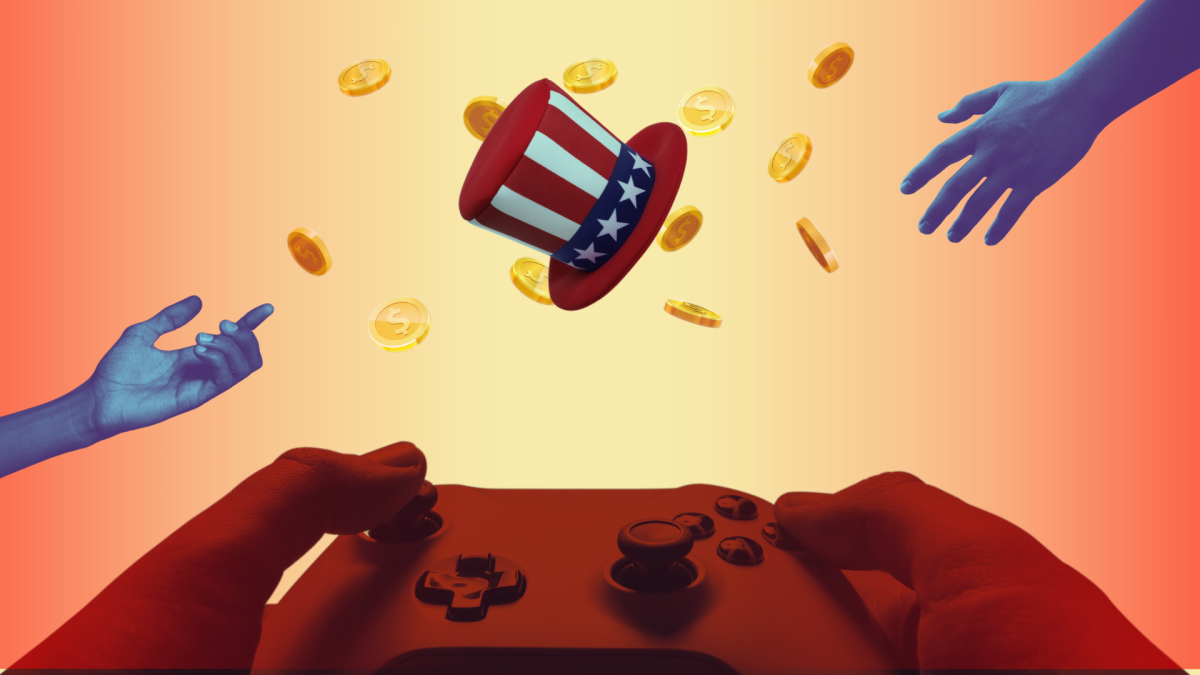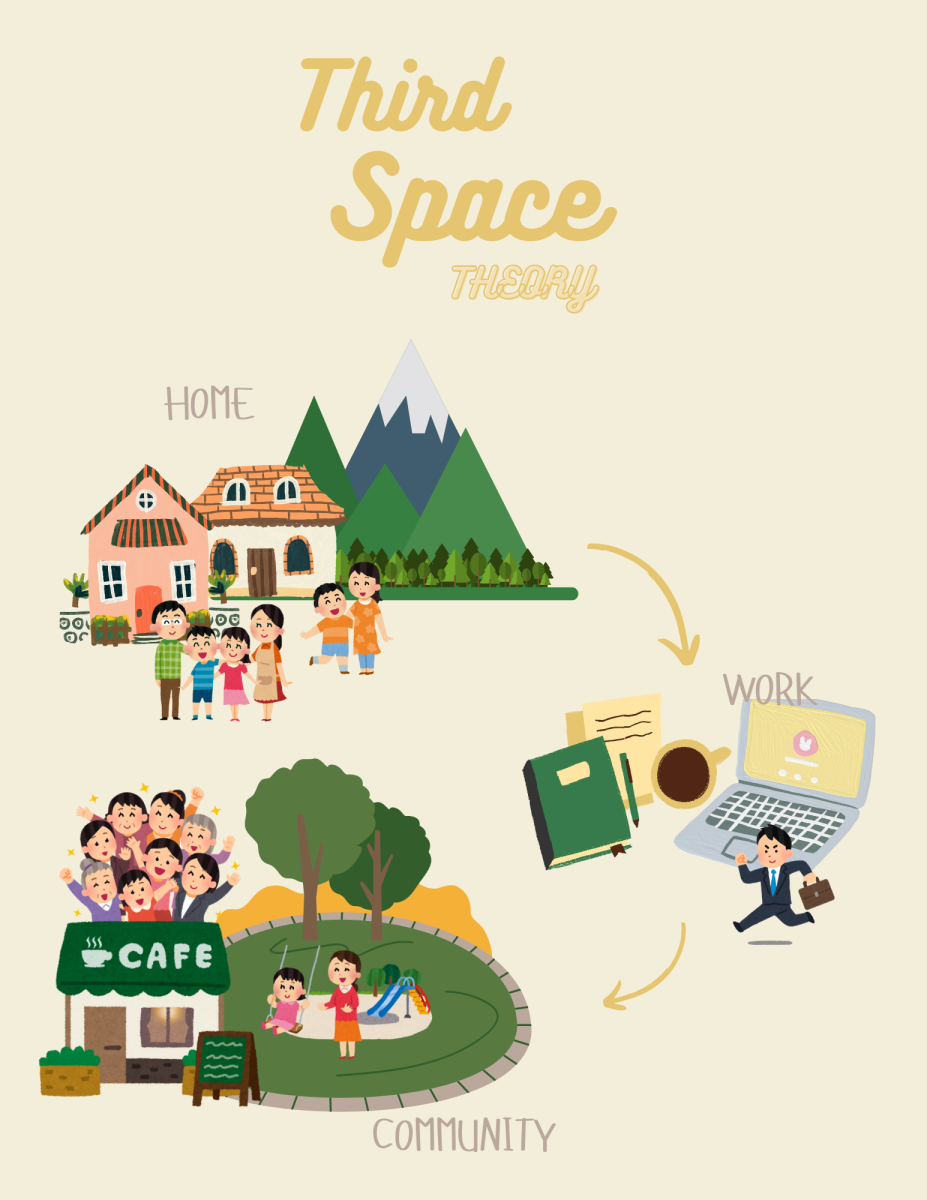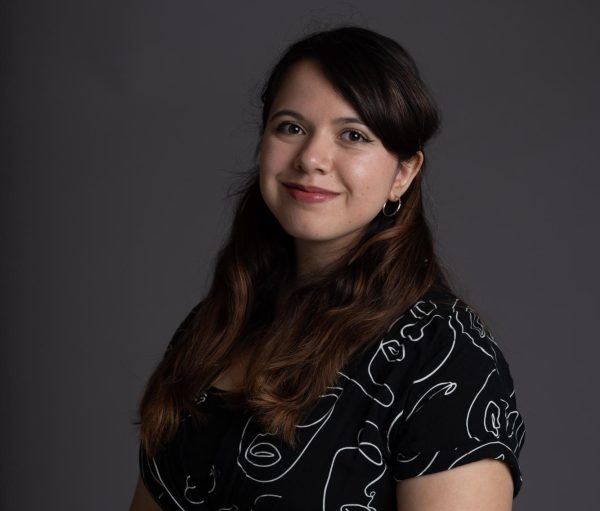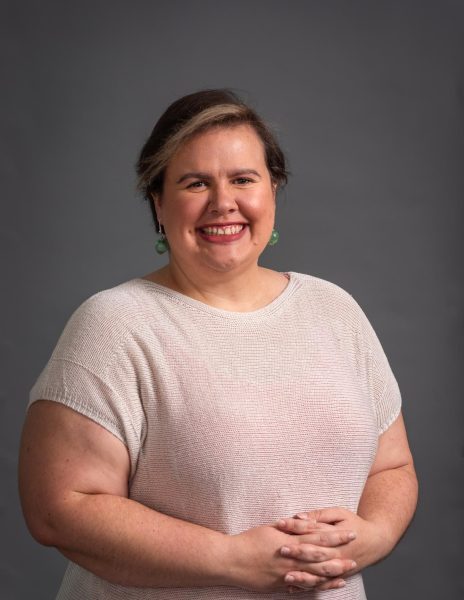Governor Gavin Newsom and supporter Demi Levato both sign progressive bills into law that allow for financial and legal protections of child influencers online.
The law signed into place was SB764 which established the legal and financial protections for children in online monetized content by requiring parents to set aside a percent of the child’s earnings in a trust.
An additional law, AB 1880, expanded the Coogan Law, which protects child performers such as actors, to include online child content creators. The law makes it so their employers are required to put at least 15% of their earnings in a trust until adulthood including legal guardians acting as employers.
Children cannot consent for themselves and not all parents are aware of the dangers of exposing their children on the internet at such a young age.
While I do very much agree with these pieces of legislation being signed into law, I believe they should have been put into place a lot sooner. Beyond that, the 15% requirement is not enough compensation for child actors and influencers, ideally it should be at least 50% overall. By placing such a small percentage of value on child labor the state allows child exploitation by employers and families. As a result, we have seen the effects of child abuse all over the country due to laws not being put into place sooner.
For example, in 2019 the YouTube family channel, “Fantastic Adventures,” made headlines for child abuse allegations. The mother was accused of neglect and physical abuse of her adopted children who starred on the channel. Each of channel’s sponsored videos would accumulate about $20,000 according to NBC News.
Another current and very recent example of child abuse having do with social media is the “8 Passengers” YouTube channel. The mother and creator of the parenting advice channel, Ruby Franke, and business partner Jodi Hildebrandt were both sentenced to up to 30 years in prison for torturing and abusing Franke’s children.
Graphic details reveal that her 9 year old was forced to do manual labor and her other son was often bound and restrained. Hildebrandt reportedly had a hand in this by making one of the children repeatedly jump into a cactus stated CBS News.
YouTube has no policies against these family productions and does not have control over what happens behind the scenes. While policies made in California are good steps towards protecting children from potential abuse, there are still many things that could be improved.
I previously mentioned that I think that children should get at least 50% of their earnings. I believe this is a fair amount because it is the child doing the labor not the parent but this still accounts for things the parents provide like gas for driving or special clothes or props for the filming.
This leads to questions of whether or not children should do labor on the internet in the first place. What ages do we as a society deem acceptable for children to be producing content with the help of a guardian?
A way of prevention could be regular social worker check-ins with families who regularly post content of their children. This may seem invasive but it is a plausible solution to this issue. Another solution could be psychological evaluation regularly for parents and children separately to help maintain communication and promote overall family health while creating content.
Overall, I think that there should be more advocacy across the country for children experiencing abuse in the online entertainment industry. Also, there should be more rules and laws put into place preventing children from being exposed online from such a young age.




